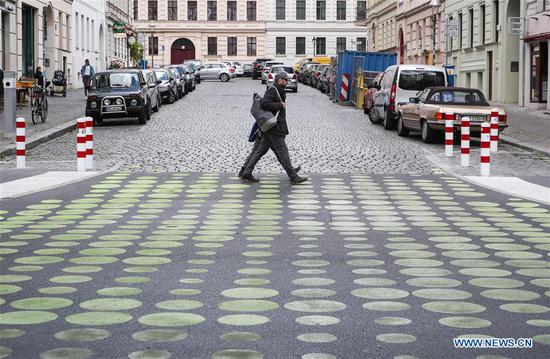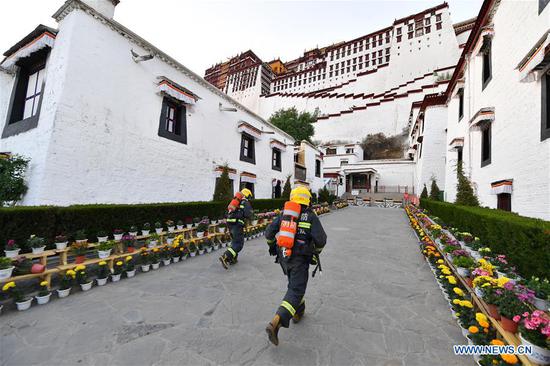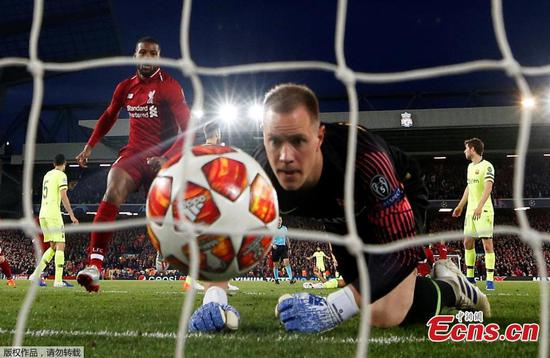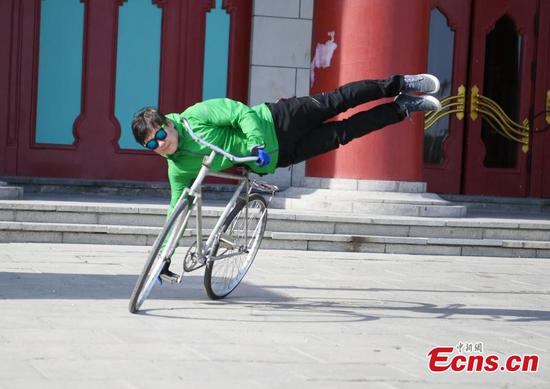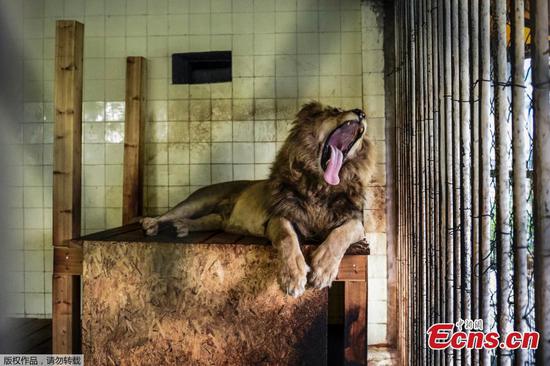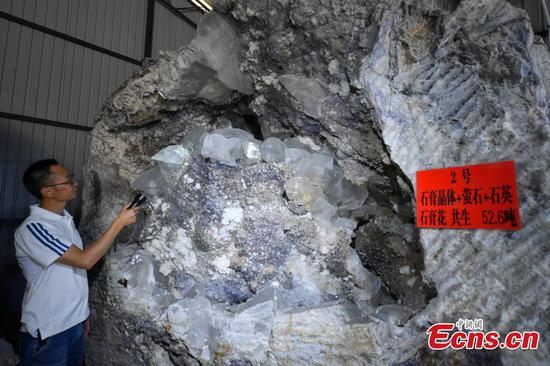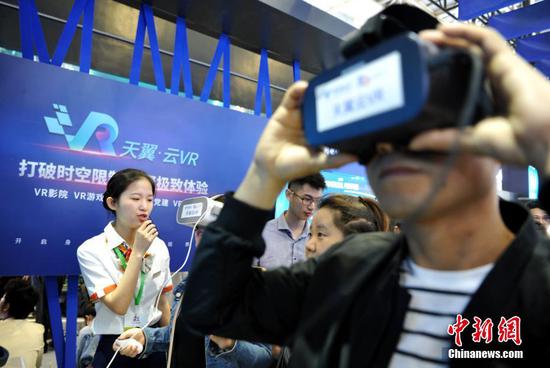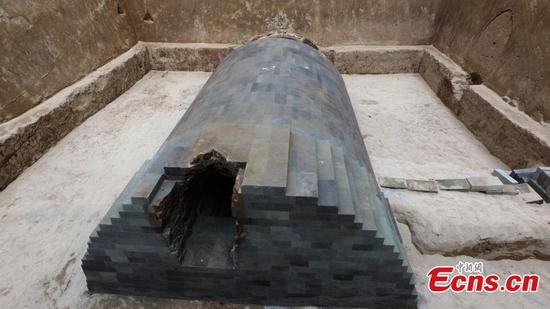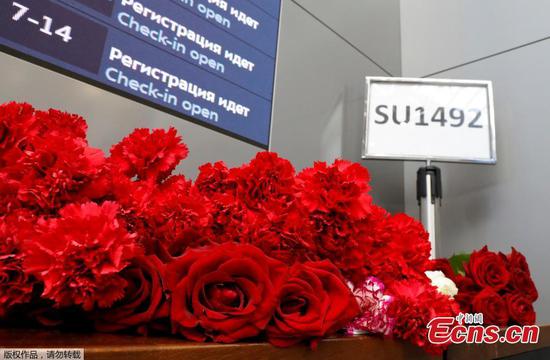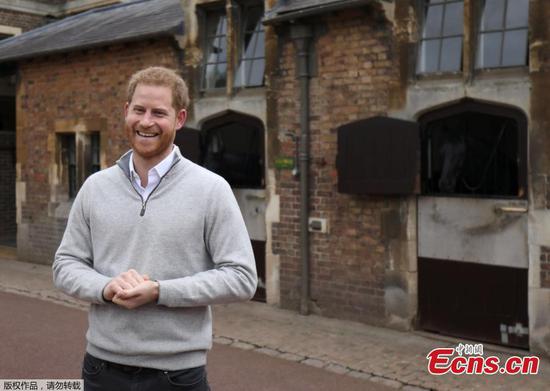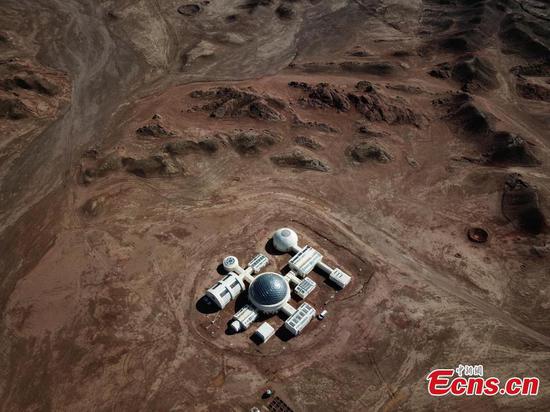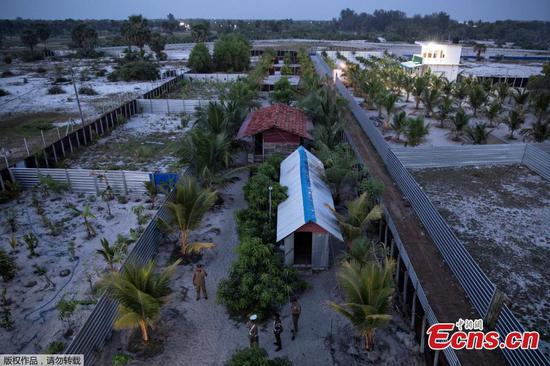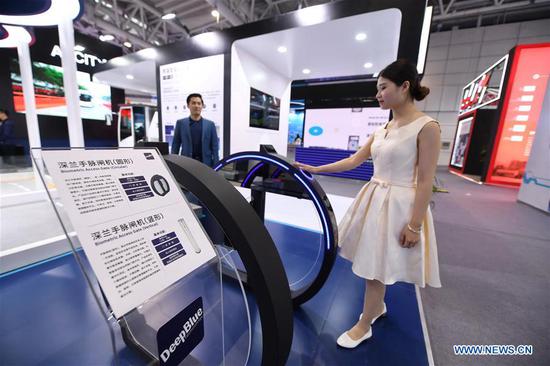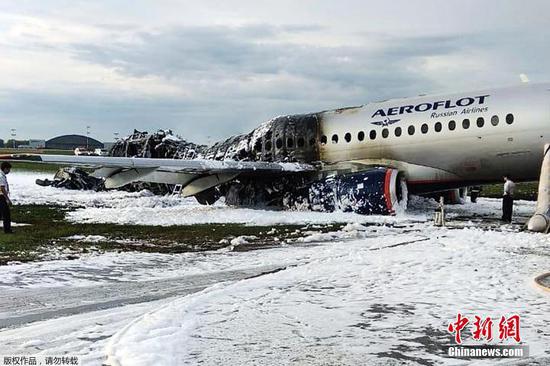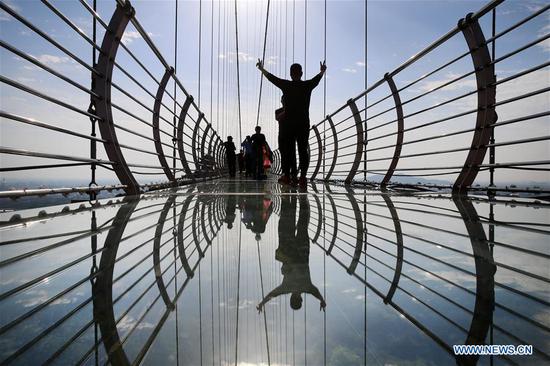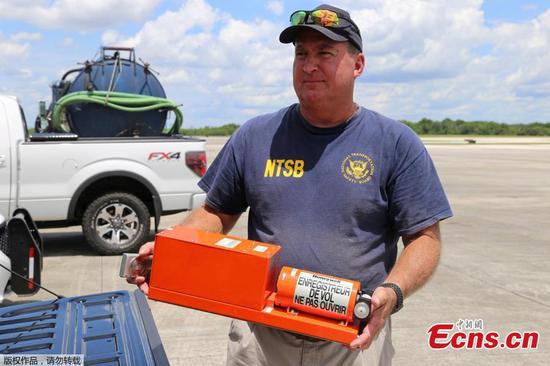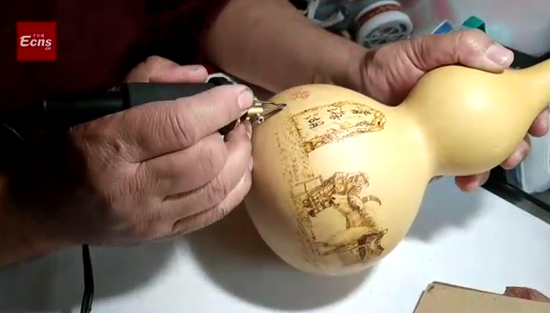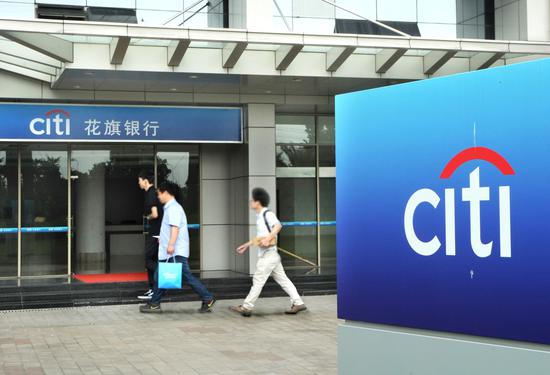
Pedestrians walk past a Citi outlet in Shanghai. (Photo by Jin Rong/For China Daily)
New sources of financing critical to fill funding gap, says Citibank vice-chairman
Participants in the Belt and Road Initiative have a growing desire to get as many of the Belt and Road projects done in the private sector as possible. Alan S. MacDonald, vice-chairman of Citibank, is one such participant.
"This is wonderful because it means that the program can be bigger. It doesn't only depend on the public sector. If you can do things in the private sector, then the public sector can use its resources in a more concentrated way to make these projects commercially viable in the private sector," MacDonald said on the sidelines of the Second Belt and Road Forum for International Cooperation in Beijing last month.
More projects can be done if the private sector is financing them than if the public sector is financing them, MacDonald added.
He was encouraged that Chinese officials talked about private sector involvement a few times at an April 25 forum session.
The gap in Asia and globally between the need for infrastructure and the funds available for it is big. There is no way for governments to fill the gap and private sector investment is crucial. Institutional investors like pension funds and insurance companies could play a large role in the Belt and Road Initiative, but they have not so far.
"We are not yet at kind of a good balance, and we have to keep going on this narrow subject," MacDonald said.
Another change he said he has observed over the last two years is the BRI's evolvement into a global initiative, as the Chinese leadership is listening to feedback and adjusting the program as they go along.
"There is an increase in third-party components in Belt and Road projects that are designed by Chinese construction and engineering companies. I think that has been an important development in terms of getting more support from more countries," he said.
Starting with about 60 countries and regions, the initiative has now attracted more than 120 economies to participate.
Loletta Chow, global leader of EY's China Overseas Investment Network, said: "In the past five years, the BRI has not only received positive feedback and worldwide participation and landed many large projects, but has also demonstrated China's commitment to enhancing international cooperation. Third-party market cooperation connects China's competitive production capacity and developed countries' advanced technology with developing countries' vast development demand, achieving a win-win situation."
After the Belt and Road forum in 2017, Citigroup talked to its Chinese corporate clients doing business internationally as well as its multinational corporate clients to find out how the bank could help them.
The clients said they believe the initiative is exciting, and they will develop projects to figure out how they can take advantage of everything that has been offered in support of the initiative.
In the past 12 months through April 25, Citigroup had recorded 30 percent growth in revenues from supporting clients' business development in countries and regions involved in the BRI. The growth came mainly from corporate and investment banking, cash management, trade finance and foreign exchange businesses.
The bank has seen strong revenue growth in the technology and energy sectors, as well as its business with financial institutions. A combination of providing comprehensive banking services to multinational corporations and leading Chinese companies that participate in Belt and Road projects has underpinned the growth.
Citigroup has a large network covering more than 100 markets involved in the BRI, where it supports over 3,500 corporate clients.











